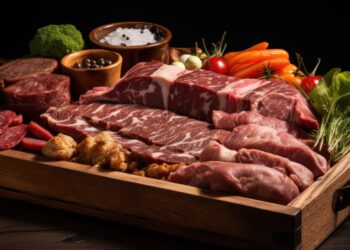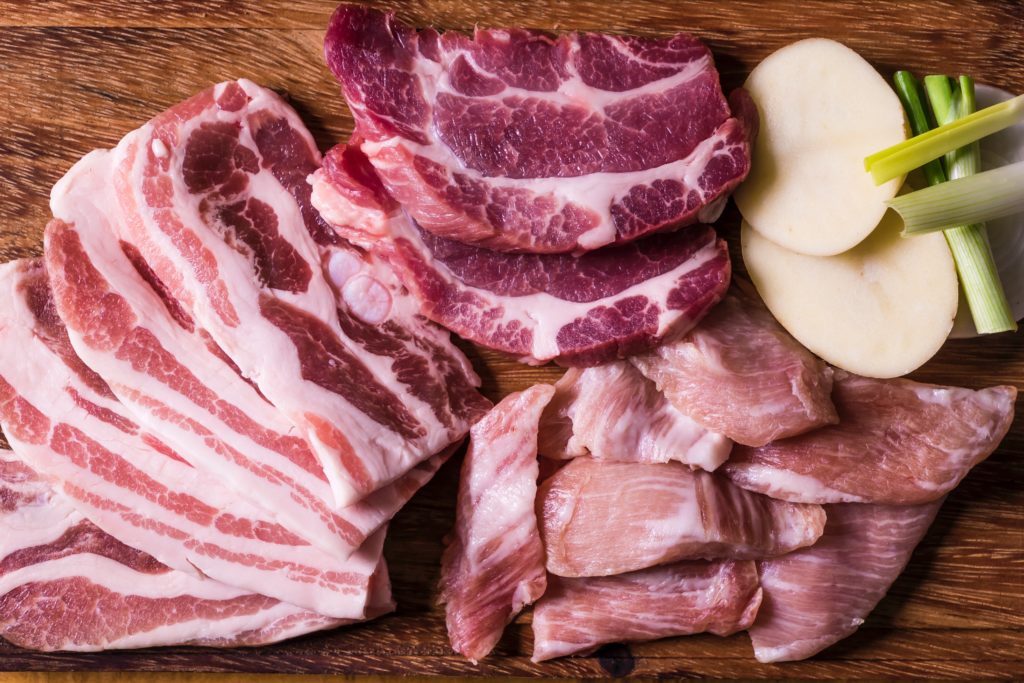Cell-cultured meat offers a potential solution to improve meat production systems, alleviate future food supply shortages, resolve public health problems, and promote animal welfare. Cell-cultured meat has become a hot topic in both research and investment domains. The United States and European countries have launched a series of development strategies, promoting the national and regional research and development of cell-cultured meat. All over the world, since 2018, the research achievements in the area of cell-cultured meat have shown a rapid growth trend. Industrial investment and capital are increasing significantly. However, the commercialization of cell-cultured meat confronts various challenges. Other than technical bottlenecks, regulatory challenges are the main ones. In recent years, the European Union and the United States have been working on developing regulations for cell-cultured meat. Based on the context of Regulation 2015/2283/EU on novel food, the European Union has announced a Guidance on the preparation and submission of an application for the novel food. The FDA/ USDA has released a joint regulatory framework for cell-cultured meat and has conducted a series of public hearings to accelerate the development and implementation of relevant regulations. In 2020, Singapore became the first country that approve the marketing of a type of cell-cultured meat. The government also issued measures on the safety assessment of cell-cultured meat. China has made fast technical progress in cell-cultured meat research and development. However, legal and regulatory issues associated with the commercialization of cell-cultured meat are still not well addressed. In this context, based on the exploration of research progress and development of cell-cultured meat, this paper explores regulatory frameworks for cell-cultured meat in the European Union, the United States, and Singapore. It also identifies legal challenges for the commercialization of cell-cultured meat. For example, definitions of “meat” and “meat products” vary in different countries and regions, and no uniform definition has been developed for cell-cultured meat. Moreover, labelling cell-cultured meat is controversial, and it has been regulated differently in the examined countries and regions. In addition, pre-market approval and post-market supervisions are not well established for the commercialization process of cell-cultured meat. Following the analysis of these legal frameworks and challenges, this paper proposes recommendations for improving regulations on cell-cultured meat in China.
Synthetic (Cultured) Meat Market To See Stunning Growth by 2030
The report attempts to offer high-quality and accurate analysis of the global Disinfection Baths Market, keeping in view market forecasts, competitive intelligence, and technological risks and advancements, and other important subjects. Its...









